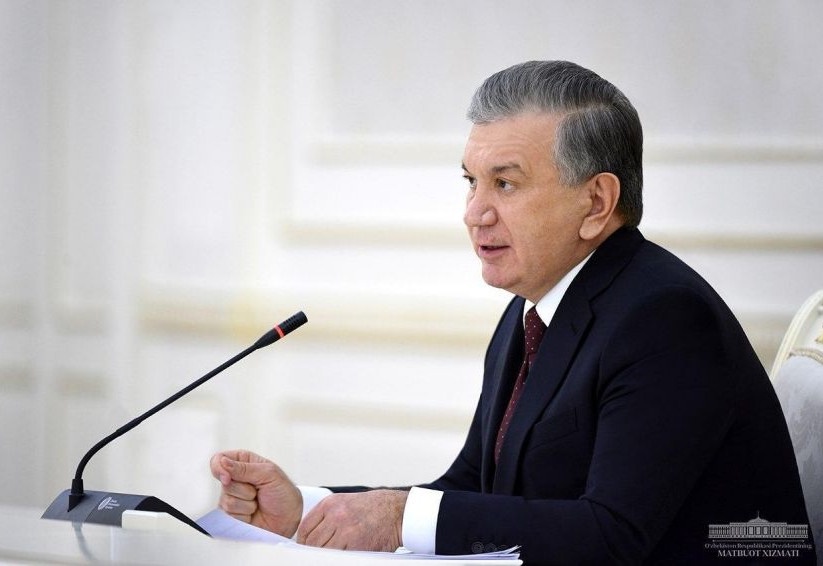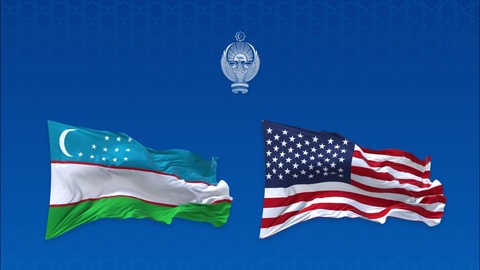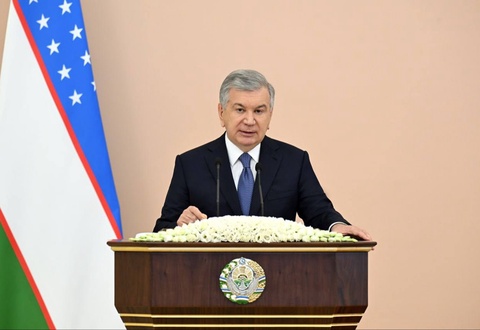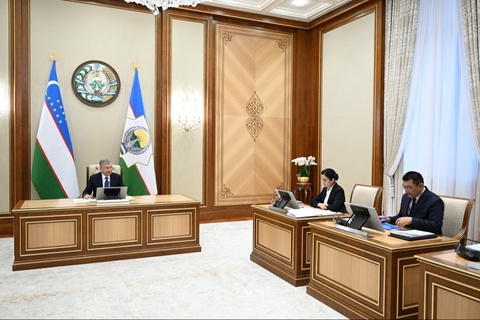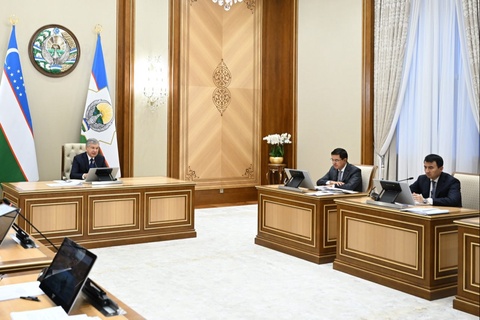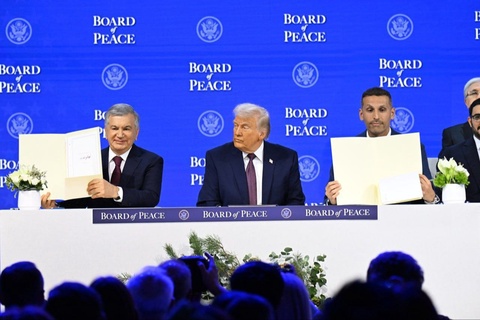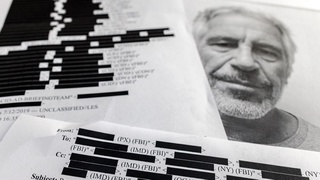As the Head of the state noted in his speech on the occasion of Teachers and Mentors Day, science, education and upbringing are cornerstone of development, a force that increases the power of the country.
Therefore, in Uzbekistan, significant efforts and funds are directed to comprehensive development of education system and training qualified personnel. Qualitative changes are taking place in the systems of preschool, school and higher education, as well as in the activities of research institutions.
“We are people striving for enlightenment, who have always respected teachers. When I talk about a teacher, mentor, I imagine the most respected and dear people for me, intelligent and modern, sincere and kind. After all, teachers taught us along with our dear parents. Today we are laying foundation for a new era of development in Uzbekistan. In this process, our closest assistants are teachers and mentors, scientific and creative intelligentsia”, noted the Head of the state at the meeting.

It was emphasized that every family’s and every child’s life is inextricably linked with school, and the school issue is of paramount importance for the state and society.
“We trust teachers and mentors with our life and fate of our dear children. Therefore, we must all pay due attention to these worthy people who protect this priceless wealth and create future”, the President said.
It was noted that the effectiveness of the current modernization process, success of reforms and transformations depend on school education and training new personnel. Therefore, much depends on school principals and teachers – dedicated people who bring knowledge, culture and spirituality to villages and cities. Schools should be not only an educational institution, but also a cultural and intellectual center of mahalla.
As is known, a Draft Presidential Decree was developed in order to further improve the country’s education system and accelerate the development of science. The document was posted on regulation.gov.uz portal and was widely discussed in all regions, local councils and school groups with participation of parents.
The draft decree outlines goals that will help solve current problems in education, as well as expected results for the next five years and guidelines for further development.
In particular, specific solutions are proposed for such issues as increasing the authority and status of teachers in society, a complete revision of school curricula and methods, linking school education with the next stages of education, creating conditions and encouraging teachers to improve themselves, freeing them from unnecessary paperwork, improving the infrastructure and spiritual environment in schools.
A radical change in the approaches of local leaders and local councils to this issue, introduction of responsibility and accountability mechanisms play an important role in this direction.
Problems in education and tasks of improving the quality of education were discussed at the videoconference.
The Head of the state stressed that it is necessary first of all to review educational load and the number of lessons in schools, to create a methodology aimed not at mechanical memorization of a material, but at encouraging students to analyze.
The experience of Finland was cited as an example. It is one of the most advanced countries in the world in terms of general literacy, science and mathematics.
“If we do not change the method of teaching in schools, neither the quality of education, nor the content, nor the environment will change”, said Shavkat Mirziyoyev.

The importance of studying and implementing the world’s best educational programs and teaching methods in the country’s secondary schools was noted. The Ministry of Public Education was charged with developing a National Curriculum based on the studied experience and starting its pilot implementation in the educational process starting 2021/2022 academic year.
All school teachers will be trained via videoconference with participation of foreign experts to effectively introduce the new methodology. At the same time, pedagogical universities and institutes will be involved in the process, and the methodology for training teachers will be updated. The best foreign textbooks on mathematics, physics, chemistry, biology and computer science will also be studied.
The President reminded hokims of their personal responsibility for solving such economic issues of schools as repairs, landscaping and heating.
The need was noted for attracting graduates who failed to enroll in higher education to engage in professions or entrepreneurship. In this regard, starting next year, it is planned to introduce the practice of studying the interests and gradual career guidance of students starting from the 7th grade. Schools will be assigned to industrial, agricultural and service enterprises.
It was noted that it is necessary to develop a rating of schools and on this basis to make a rating of quality of education in the context of districts, cities and regions. The activities of school principals and their deputies, teachers, hokims and their education advisers will be evaluated according to the rating results.
Top five school principals will be paid a premium from the local budget. In addition, heads and methodologists of public education departments, directors and 2 leading school teachers who took the first and second places in the district rating will be provided with free two-week trips to sanatoriums annually at the expense of trade unions. Other methods of encouraging dedicated teachers are also provided.
At the meeting, special attention was paid to improving teachers’ skills.
Teachers are undergoing professional development every 5 years, and management personnel – every 3 years. However, this is not enough to fully cover all teachers. In this regard, this year all 11,000 school teachers of Syrdarya region are taking distance learning courses as an experiment.
Next year, distance learning will be organized for teachers of Bukhara, Samarkand, Fergana regions and the city of Tashkent. Tashkent State Pedagogical University will be designated as the basic university for teacher training. The Institute for Advanced Training named after Abdulla Avloni will function as a research Institute for in-depth study of educational problems.
The need for radically revising the procedure of determining teachers’ category was noted.
4 percent have the highest and 15 percent – the first category out of more than 490 thousand teachers working in the public education system. The current certification system, which consists of 4 stages, remains overly bureaucratic.
In this regard, responsible persons were instructed to simplify the procedure for assigning categories and switch to a two-stage system that allows evaluating teachers’ knowledge throughout the year.
Another problem is that some schools are not overloaded due to low quality of education and insufficient material and technical base. Thus, 32 schools in the city of Tashkent have a low level of student enrollment.
In connection with creation of broad conditions for private education institutions in Uzbekistan, it was proposed to transfer unloaded schools to trust management on a competitive basis next year as an experiment.
The introduction of modern management in schools was also considered. From now on, school principals will be appointed on a competitive basis in consultation directly with local councils. Each candidate will have to submit their own program to improve school performance over the next 3 years and report annually to councils.
The main goal of these measures is to organize effective work of schools, eliminate illegal interference in the work of principals and the staff turnover.
A school is not only an education institution, but also a place of spiritual and moral education. The Head of the state noted the need for involving local poets and writers in this work, monthly payment for their activities from the fund of school principals and local budgets.
It is important to create healthy competition in higher education and increase coverage, create at least one non-state university in each region.
“The issues discussed today require a high level of responsibility from managers at all levels – from school principals to the Prime Minister. This work will become a powerful source that can radically change the image of the entire country and state in the next 10-15 years”, the President said.

Parliamentarians and deputies of local councils were recommended to bring changes in the education system to the population and increase the sense of ownership, take control over the implementation of the decree after its adoption and provide practical assistance with their experience.
Hokims, university rectors, school principals and teachers expressed their views on improving the quality and effectiveness of education at the meeting.





